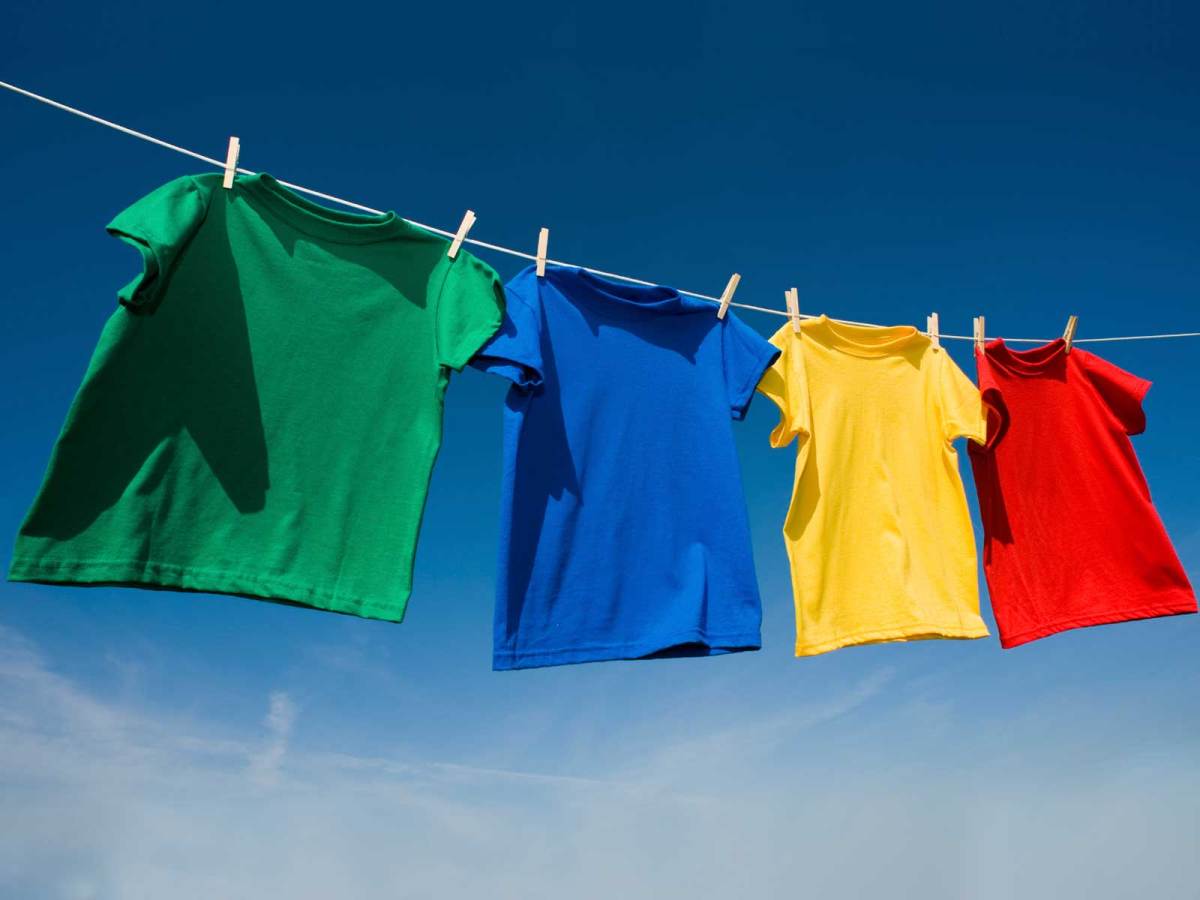Winter is laundry season! As the mercury dips and the days get shorter, we wear more clothes, requiring bigger loads, while football season means Australian families are fighting a war against soiled, muddy, sweaty jerseys, shorts and socks.
Adding to these travails is that cold weather is far from ideal for drying clothes — it takes much longer than in the bright, warm summer sunlight — so the dryer becomes a much more attractive option. Yes, winter is laundry season, so retailers should be seeing more customers visiting outlets to check out the latest washers, dryers and combination appliances.
One of the biggest complaints customers have when shopping in bricks and mortar stores is the lack of excellent customer service. When consumer advocacy magazine Choice last mystery shopped the major appliance retailers, its result were not stellar. When ‘Kathryn’ visited a Harvey Norman store, she reported that salesman was very pushy. “While he was very keen to offer discounts and close the sale, when she asked about the different brands he claimed they’re all ‘pretty much the same, love’.”
(It should be noted that Harvey Norman chairman Gerry Harvey rejected this survey, telling Rachel Wells at Fairfax that, “The level of feedback we’re getting shows that our level of service is fantastic”.)
Fellow shadow shopper ‘Gloria’ had a similarly poor experience at The Good Guys:
After being ignored for five minutes she eventually went searching for help. She found a salesperson, told him she was looking for a cheaper white plastic kettle and asked if the brand she liked would be a suitable purchase. He told her he couldn’t say, and then suggested she buy a $10 extended warranty with her $23 kettle.
To make the job of matching consumers to right laundry appliance and then closing them just that little bit easier, we asked several leading washer and dryers manufacturers what sales tips they have for store managers and floor staff.
James Vogdanos from ASKO Appliances said a premium washing machine has a long lifecycle, so it’s important to discuss a customer’s plans for the future.
“Laundry products will be in the home for an average of 10 years,” he said. “Encourage customers to think about their future laundry needs, not just their current ones. For example, a young couple moving into their first home may want to think about what their laundry needs once they have children, in terms of both capacity and functions.
“Also encourage customers to think about the running costs of a machine as well as the up-front purchase price. Comparing the total price (purchase plus average running costs) over 5 or 10 years may make a significant impact on their purchase decision.”
Touching and feeling the product is important for establishing a tactile relationship, according to Sophie Barton from Panasonic. “Encourage consumers to get hands on with the products and demonstrate the key features that will suit their lifestyle,” she said.
“It’s especially important for consumers to be able to see products up close and test them out. We always recommend having a demo or display model that consumers can try out for themselves. This allows prospective consumers to properly see all the key features and makes them more inclined to make a purchase.”
One of the newest entries to the retail market is Speed Queen, which is now being distributed by 1300 WASHER. Ross Moony said dealers have to make a choice between selling the cheapest appliance because that’s a bit easier or taking the time to pair the customer with the right product for their needs.
“I believe the salespeople who take the time to clarify the customers’ needs are the salespeople who enjoy their work more because they form a real connection with the customer and they find that those clients keep coming back,” he said. “Why just serve the customer when you can transform the relationship into a long-lasting connection?”
So what are the questions that sales staff should be posing? Rachel Lewis from Miele provided us with a list to get the conversation started:
• What load capacity does the customer require for their household over the next 20 years?
• How important is convenience to them?
- Do they require automatic and precise detergent dosing to save costs?
- Do they require a function to reduce ironing?
- Do they require short wash cycles, delay start to take advantage of lower electricity costs over night, or both?
• Where will they house their laundry appliances? Concrete or wooden floor? How much space do they have — stacked option or side-by-side?
Tess Bennett contributed reporting.
This author is on Twitter: @Patrickavenell

